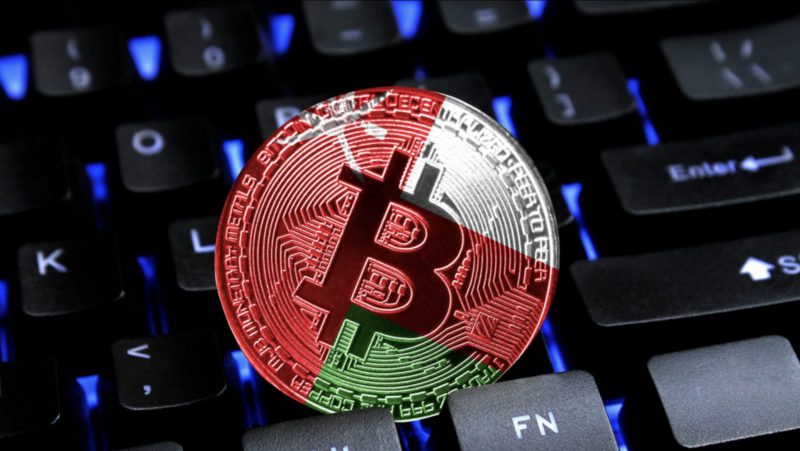The Sultanate of Oman is getting closer to launching its own crypto regulations. The financial markets regulator is seeking public comments on the proposed framework for digital assets like cryptocurrencies.
The Capital Market Authority (CMA) of Oman is working on a comprehensive regime for the crypto and virtual asset sector. This includes business requirements and measures to prevent market abuse and manipulation. The consultation paper was released on July 27 and consists of 26 questions for industry stakeholders to share their opinions.
As per the CMA, “The CMA is seeking to provide an alternative financing and investment platform for issuers and investors while mitigating the risks associated with the [virtual asset] class.”
Also Read: Binance Becomes First Exchange to Get MVP Licence In Dubai
What does Oman’s crypto paper cover?


The proposed framework covers utility tokens, security tokens, fiat-backed and asset-backed stablecoins, and other digital currencies as defined by the Financial Action Task Force. However, the nation might not allow the use of privacy coins. The issuance of privacy coins is currently awaiting public feedback.
Also Read: Dubai: VARA Suspends Crypto Exchange BitOasis’ License
Moreover, the CMA might require the setting up of virtual asset service providers (VASPs) to create awareness in the country. Furthermore, they may also impose minimum capital requirements. Virtual asset firms might have to hold only a low percentage of assets in hot wallets, conduct audits of safeguarded assets, and show regular proof of reserves.
Public feedback on the paper needs to be submitted by Aug. 17. Meanwhile, key opinions can be submitted to the CMA website. After the consultation phase, the CMA will draft and finalize the regulatory framework for virtual assets.
Discussions on regulating the virtual asset industry in Oman started earlier, with the country’s National Committee for Combating Money Laundering and Terrorist Financing forming a task force in November 2020. This task force, consisting of CMA and Central Bank of Oman officials, studied whether to ban or permit virtual asset activities.





